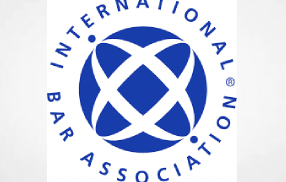The UK Law Gazette
The latest ratcheting up of Hong Kong’s regime of state control raises concerns about the independence of the legal profession, the International Bar Association’s Human Rights Institute (IBAHRI) has warned. The body has expressed ’profound concern’ about the Hong Kong Safeguarding National Security Law which came into force this week following an accelerated legislative process.
The legislation represents a further step in the reversal of democratic rights in Hong Kong since the imposition of the National Security Law by Beijing in 2020, the IBAHRI said. The new law is also expected to place significant pressure on the independence of the legal profession. For example, under to clause 76, certain lawyers or law firms can be banned from representing clients suspected of having committed national security offences.
The ‘vaguely worded’ clause will have a chilling effect on the legal profession in Hong Kong, the IBAHRI said. ‘Lawyers will be discouraged from representing clients in national security cases, fearing potential targeting or damage to their reputation.’
Meanwhile clause 77 of the law prevents detainees from consulting with any lawyers for 48 hours where such a meeting is deemed to pose a threat to national security, the investigation or the course of justice. Hong Kong’s justice secretary justified these provisions by claiming that ‘the guiding thought is that some lawyers are not sincerely providing legal services, but instead they may take the opportunity to destroy evidence or notify [an accomplice]’. However the IBAHRI noted that rules of conduct for lawyers automatically prohibit such activities.
Read more




